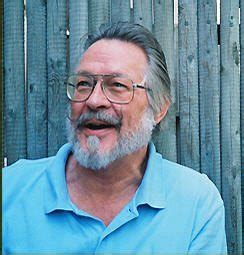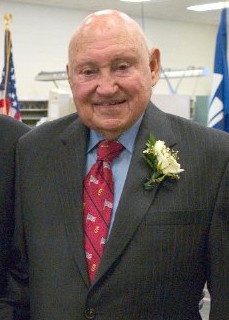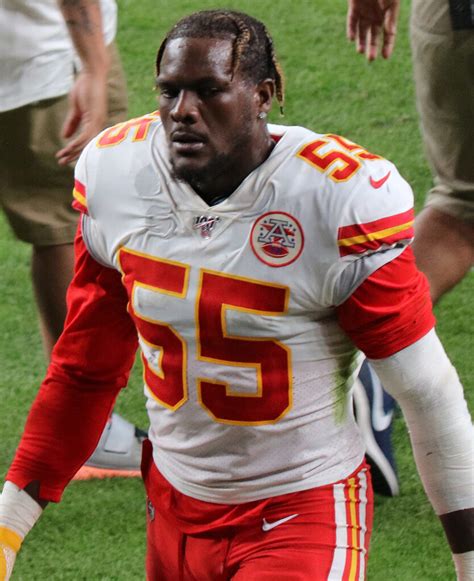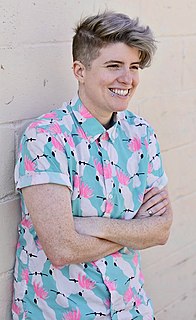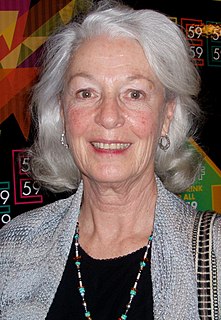A Quote by Urie Bronfenbrenner
Every child needs at least one adult who is irrationally crazy about him or her.
Related Quotes
Soothing touch, whether it be applied to a ruffled cat, a crying infant, or a frightened child, has a universally recognized power to ameliorate the signs of distress. How can it be that we overlook its usefulness on the jangled adult as well? What is it that leads us to assume that the stressed child merely needs “comforting,” while the stressed adult needs “medicine”?
In certain circumstances where he experiments in new types of conduct by cooperating with his equals, the child is already an adult. There is an adult in every child and a child in every adult. ... There exist in the child certain attitudes and beliefs which intellectual development will more and more tend to eliminate: there are others which will acquire more and more importance. The later are not derived from the former but are partly antagonistic to them.
I think in television and film, it's not usually the child's point of view. It's the story of an adult. If there's a child in a drama or an action-adventure movie, they're someone who needs to be saved, someone who needs to be protected, or if they're killed, someone who needs to be avenged. Their character doesn't matter much.
The father who raises a son to have a profession he once dreamed of, and the mother who uses her daughter as the adult companion her husband is not; the parents who urge their children into accomplishments as status symbols-all these and many more are ways of subordinating a child's authentic self to a parent s needs.
When we teach a child to sing or play the flute, we teach her how to listen. When we teach her to draw, we teach her to see. When we teach a child to dance, we teach him about his body and about space, and when he acts on a stage, he learns about character and motivation. When we teach a child design, we reveal the geometry of the world. When we teach children about the folk and traditional arts and the great masterpieces of the world, we teach them to celebrate their roots and find their own place in history.




